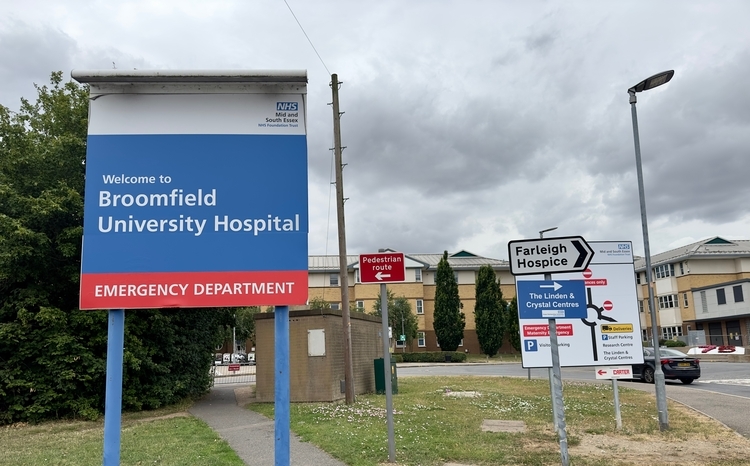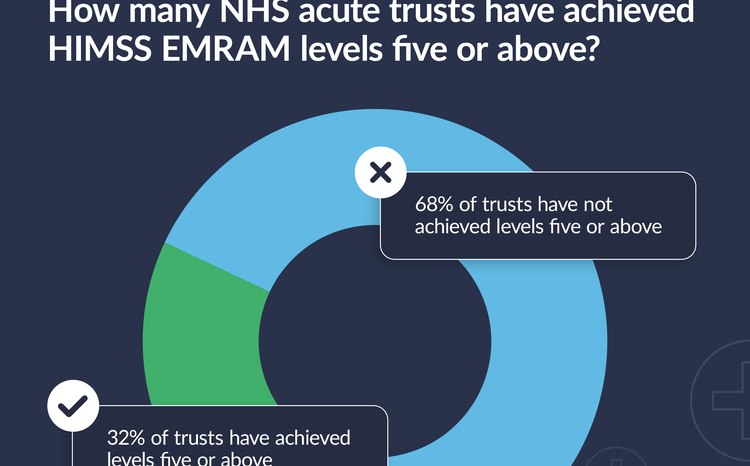King’s adds VitalPAC to EPR system
- 23 January 2009
King’s College Hospital NHS Foundation Trust has successfully integrated The Learning Clinic’s vital signs recording system, VitalPAC, into its iSoft iCM-based electronic patient record.
This means clinicians can access observation (vital sign) charts, including early warning scores, at a click of an icon within the trust’s EPR system.
VitalPAC enables nurses to record a patient’s vital signs at the bedside, using a personal digital assistant, as part of their routine care. The system analyses the data and automatically flags up any deterioration in the patient’s condition.
Senior clinicians are more frequently and quickly alerted to patients whose condition is deteriorating. The new tools are available to clinicians at the patient bedside, from their office or even remotely from home.
So far VitalPAC has been implemented on two of the general medical wards at King’s, and is in use by about 25 clinicians. A business case is being put together to roll it out to all 45 wards across the trust.
Colin Sweeney, director of ICT at King’s, told E-Health Insider: “VitalPAC is another piece in the jigsaw of building an electronic patient record. We are using it in conjunction with iSoft’s iCM, which we use for order communications and results.”
He said the trust’s ICT team had worked with The Learning Clinic to fully integrate VitalPAC into the iCM system, so staff don’t have to log-in and out of different systems.
Sweeney added that with the integration now done and the system in use in two wards the aim was to get approval for roll-out across the trust. “We now need to put together a business case, but do have a lot of support from clinicians.”
Jack Barker, a respiratory consultant at King’s and the trust’s clinical lead for IT, commented: “The new system is brilliant – we can now order tests, review results, look at x-rays, review drugs, make clinical notes and observe the patients vital signs all from within one application – and from home when necessary!”
The vital signs recording and alerting system is the latest addition to King’s already rich EPR, which has been subject to ongoing local development by the trust and partners over the past ten years.
Other key components of the EPR system include result reporting, order communications, direct links to the trust’s GE PACs system, clinical letters and documentation, inpatient clinical noting and electronic prescribing.
Sweeney said the vital signs project was one of many the trust was working on. A further two, key projects are inpatient noting and inpatient prescribing.
“Inpatient noting will see us move from paper notes to computerised notes, and we already have it in 15 out of 45 wards. We now plan to roll out to remaining wards. It’s a huge step towards a full EPR.”
Inpatient prescribing is currently at the pilot stage. Dr Barker added: “In the next year, we plan to complete the electronic documentation of the in-patient care pathway – another huge step on the road to a paperless hospital.”
Looking to the future Sweeney said that King’s still saw plenty of life and further development left in its iSoft iCM system – the trust is one of five iSoft trusts in London.
But it is beginning to look four to five years out, when further support for iCM is likely to end. Sweeney concluded. “We can’t stand still, that’s the clear message from our clinicians.”
Links:
King’s College Hospital NHS Foundation Trust




